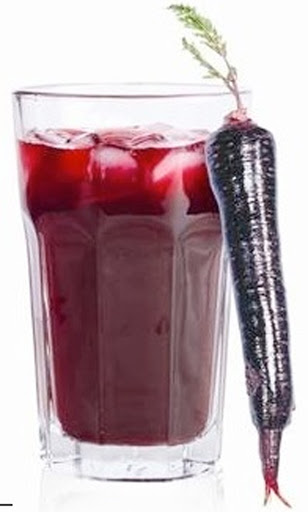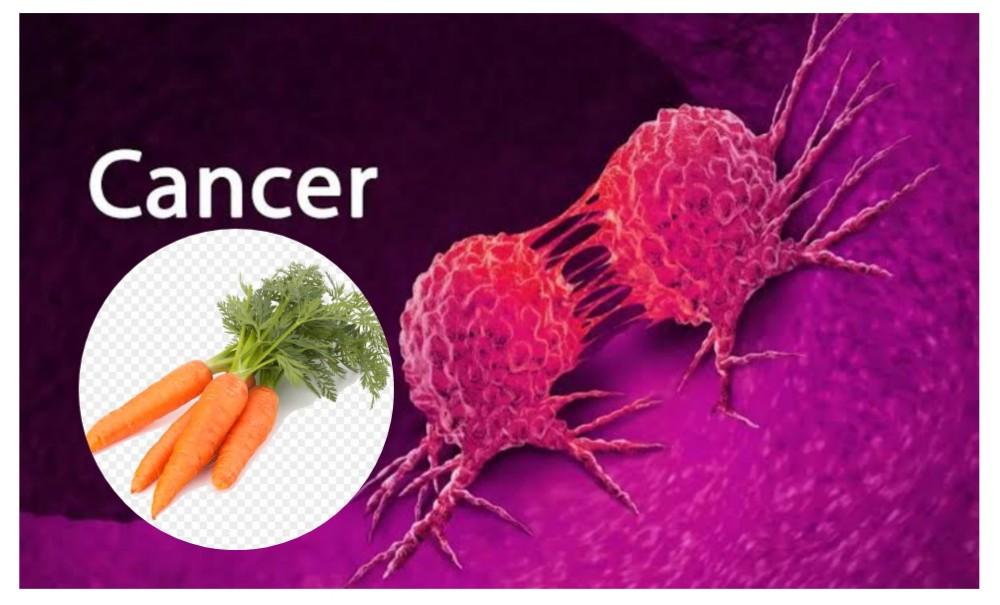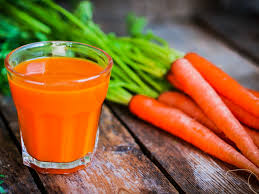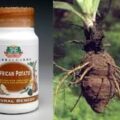What Are Carrots?
Carrots are root vegetables that were first grown in Afghanistan around 900 AD. Orange may be their best-known color, but they also come in other hues, including purple/ black, yellow, red, and white. Early carrots were purple or yellow. Orange carrots were developed in Central Europe around the 15th or 16th century.
This popular and versatile veggie may taste slightly different depending on the color, size, and where it’s grown. The sugar in carrots gives them a slightly sweet flavor, but they also can taste earthy or bitter.
Carrot Nutrition
One serving of carrots is a half cup. One serving has:
- 25 calories
- 6 grams of carbohydrates
- 2 grams of fiber
- 3 grams of sugar
- 5 grams of protein
Carrots are a great source of important vitamins and minerals. A half-cup can give you up to:
- 73% of your daily requirement of vitamin A
- 9% of your daily vitamin K
- 8% of your daily potassium and fiber
- 5% of your daily vitamin C
- 2% of your daily calcium and iron
Can Carrot Juice Kill Cancer Cells?
According to the National Cancer Institute, cancer is the uncontrolled growth of abnormal cells anywhere in a body. Anything that may cause a normal body cell to develop abnormally potentially can cause cancer. Cancer symptoms and signs depend on the specific type and grade of cancer; although general signs and symptoms are not very specific the following can be found in patients with different cancers: fatigue, weight loss, pain, skin changes, change in bowel or bladder.
According to the American Institute for Cancer Research, carrots’ cancer-fighting potential comes from being a non-starchy vegetable as well as a source of carotenoids and other phytochemicals. Beta-carotene is the carotenoid that has received the most attention, but research into carrot’s other compounds, and carrots as a whole food, is underway.

Studies have shown that intake of raw carrot at a baseline of 2–4 carrots or more each week (>32 g/day) was associated with a 17% decrease in risk of colorectal cancer (CRC) while another study published in the Trends in Food Science & Technology Journal reported that the anthocyanins of black carrot are effective for the risk reduction of different types of cancer by as much as 80%. Black carrots contain anthocyanins possessing enhanced physiological activities. A major study that applied extracts of black carrots to various human cancer cell lines including human breast adenocarcinomas, human colon adenocarcinoma, human prostate adenocarcinoma, and Musmusculus neuroblastoma cancer cell lines reported that the plant is a natural and ideal candidate for the treatment of brain cancer without causing negative effects to normal healthy cells.
The anthocyanin-rich black carrot extract possesses cancer cell antiproliferation activity. Cell proliferation is how quickly a cancer cell copies its DNA and divides into 2 cells. If the cancer cells are dividing more rapidly, it means the cancer is faster growing or more aggressive. According to researchers at Case Western Reserve University School of Medicine permanently stopping their proliferation can cause cell death. Bioavailability of black carrot anthocyanins in the body could be helpful in the management of cancer. SEE: Black Carrot Extract: Uses, Health Benefits, Side Effects







